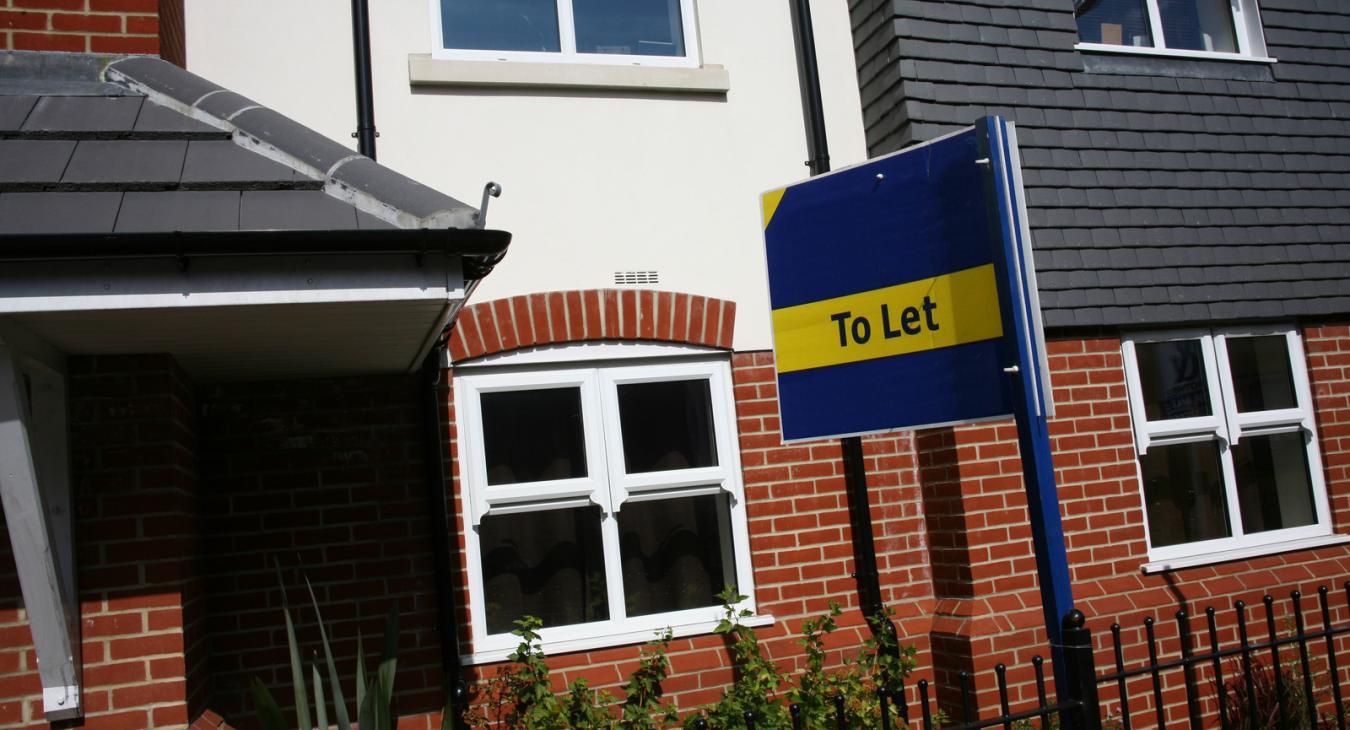
Private Rental Sector Electrical Testing Deadline
The April 1st 2021 deadline is fast approaching for all properties with an existing tenancy required to have in place, or to have carried out, an Electrical Installation Condition Report (EICR) which has been completed by a *qualified and competent person. Restrictions faced by many due to Covid-19 have caused some concern for landlords and letting agents regarding compliance. These concerns have been exacerbated by a further National Lockdown, announced on the 4th January 2021.
The Regulations state that every electrical installation in the private residential sector must be inspected and tested at intervals not exceeding 5 years, and if the resulting EICR is found to be Unsatisfactory then remedial and further investigative work needs to be completed within 28 days of the report being carried out.
An EICR outcome will fall into two categories, Unsatisfactory or Satisfactory.
An Unsatisfactory EICR outcome is one which has Observation Codes C1, C2 or Further Investigation (FI), which indicates an electrical danger is present, is not safe for suture use or further work is needed to ascertain whether a danger is present.
A Satisfactory EICR can have observation Codes, C3 or no other observation codes at all. A C3 observation is given when the safety of an installation could be improved if an update was made to the electrical installation, but as it stands the electrical installation isn’t unsafe. Landlords are not required to take any action to rectify C3 observations, but they may choose to do so.
The Electrical Safety Standards in the Private Rented Sector (England) Regulations 2020 were published in January 2020, when the impact of Covid-19 was unforeseeable. The nationwide restrictions faced by all have undoubtedly made complying with these Regulations more challenging than was intended, due to restricted access to homes, restricted working, shielding, isolating and anxiety. However, the safety of people in their homes is paramount to the Government who have made it clear that all reasonable steps must be taken to ensure the electrical safety of privately rented homes. This is set out in Part 3, section 5 of the Regulations. The Government have also made clear that during the January 2021 National Lockdown, those who cannot work from home, including those working in construction can go to work, meaning that electrical contractors are still able to undertake electrical inspection, testing, installation and remedial work in dwellings.
That being said, the Government have published specific Guidance for Local Authorities on the enforcement of standards in rented properties, which states in relation to the Electrical Safety Regulations:
“A landlord would not be in breach of the duty to comply with a remedial notice if the landlord can show they have taken all reasonable steps to comply.”
It goes on to say: “A landlord could show reasonable steps by keeping copies of all communications they have had with their tenants and with engineers as they tried to arrange the work, including any replies they have had. Landlords may also want to provide other evidence they have that the installation, is in a good condition while they attempt to arrange works.”
With the above in mind, landlords and letting agents should remain vigilant and focussed on doing all they can to ensure any property with an existing specified tenancy has an electrical inspection and test carried out or in place for compliance with the Regulations before the 1st April 2021, but should be comforted by the Government Guidance which acknowledges the challenging circumstances we find ourselves in and provides a reasonability clause to prevent landlords from facing enforcement action when they have done all they can to comply.
As responsible electrical contractors in Coventry, Warwickshire and the West Midlands I have personally overseen our efforts to ensure the safety for our staff and customers alike while working in their homes. We have worked throughout these trying times and completed many reports. I urge landlord and letting agents to not delay because simply there will not be enough professional electricians to carry them out before the deadline and hefty fines could be issued for non-compliance.
*As a side note on who can carry out testing and reporting on properties please note that specialist insurance needs to held by the person or company offering their testing services. Just because somebody is an electrician doesn’t mean they will have the correct insurances. It may be worth asking the question if you’re concerned.
- Log in to post comments
